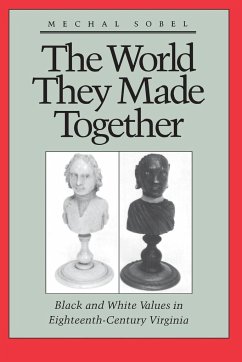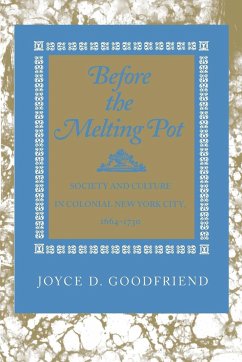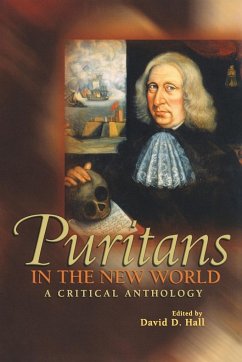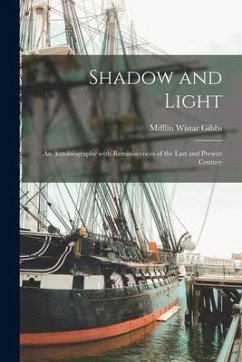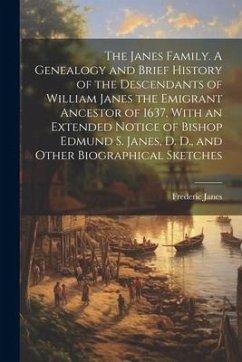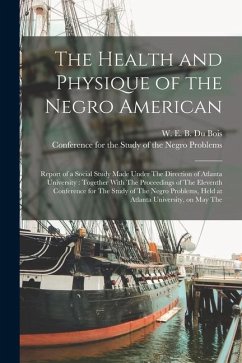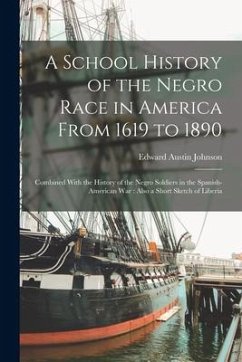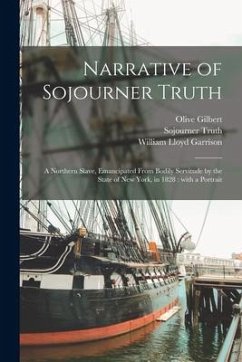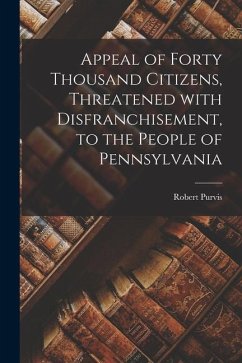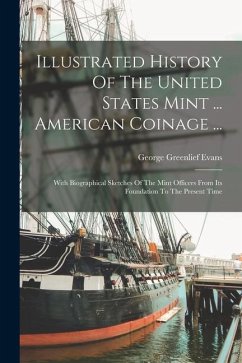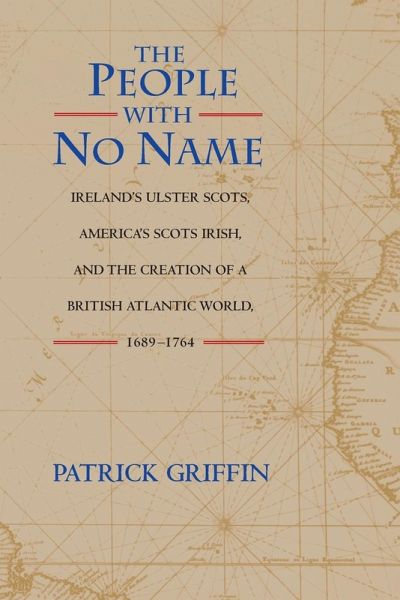
The People with No Name
Ireland's Ulster Scots, America's Scots Irish, and the Creation of a British Atlantic World, 1689-1764

PAYBACK Punkte
18 °P sammeln!
More than 100,000 Ulster Presbyterians of Scottish origin migrated to the American colonies in the six decades prior to the American Revolution, the largest movement of any group from the British Isles to British North America in the eighteenth century. Drawing on a vast store of archival materials, The People with No Name is the first book to tell this fascinating story in its full, transatlantic context. It explores how these people--whom one visitor to their Pennsylvania enclaves referred to as ''a spurious race of mortals known by the appellation Scotch-Irish''--drew upon both Old and New ...
More than 100,000 Ulster Presbyterians of Scottish origin migrated to the American colonies in the six decades prior to the American Revolution, the largest movement of any group from the British Isles to British North America in the eighteenth century. Drawing on a vast store of archival materials, The People with No Name is the first book to tell this fascinating story in its full, transatlantic context. It explores how these people--whom one visitor to their Pennsylvania enclaves referred to as ''a spurious race of mortals known by the appellation Scotch-Irish''--drew upon both Old and New World experiences to adapt to staggering religious, economic, and cultural change. In remarkably crisp, lucid prose, Patrick Griffin uncovers the ways in which migrants from Ulster--and thousands like them--forged new identities and how they conceived the wider transatlantic community. The book moves from a vivid depiction of Ulster and its Presbyterian community in and after the Glorious Revolution to a brilliant account of religion and identity in early modern Ireland. Griffin then deftly weaves together religion and economics in the origins of the transatlantic migration, and examines how this traumatic and enlivening experience shaped patterns of settlement and adaptation in colonial America. In the American side of his story, he breaks new critical ground for our understanding of colonial identity formation and of the place of the frontier in a larger empire. The People with No Name will be indispensable reading for anyone interested in transatlantic history, American Colonial history, and the history of Irish and British migration.




